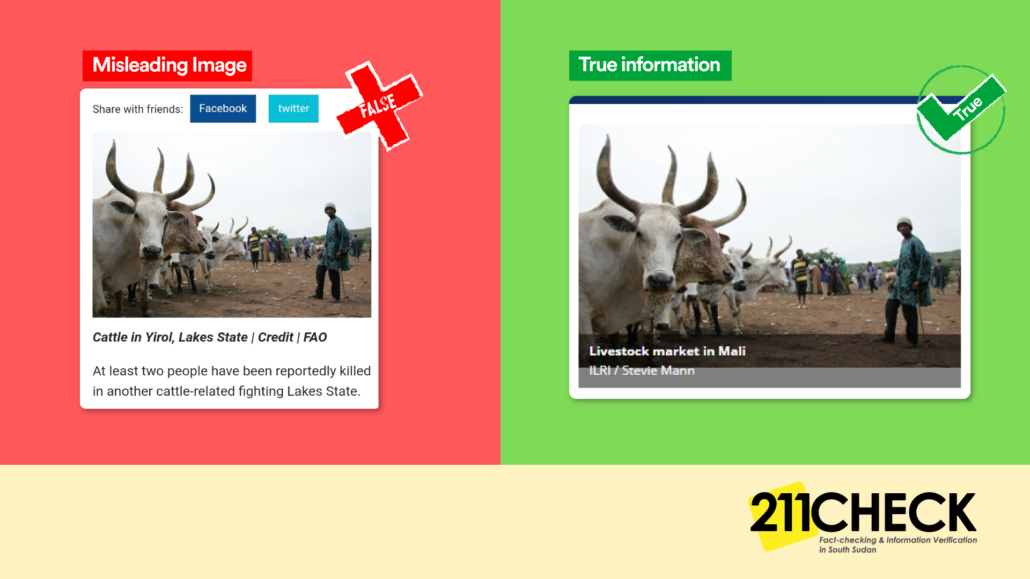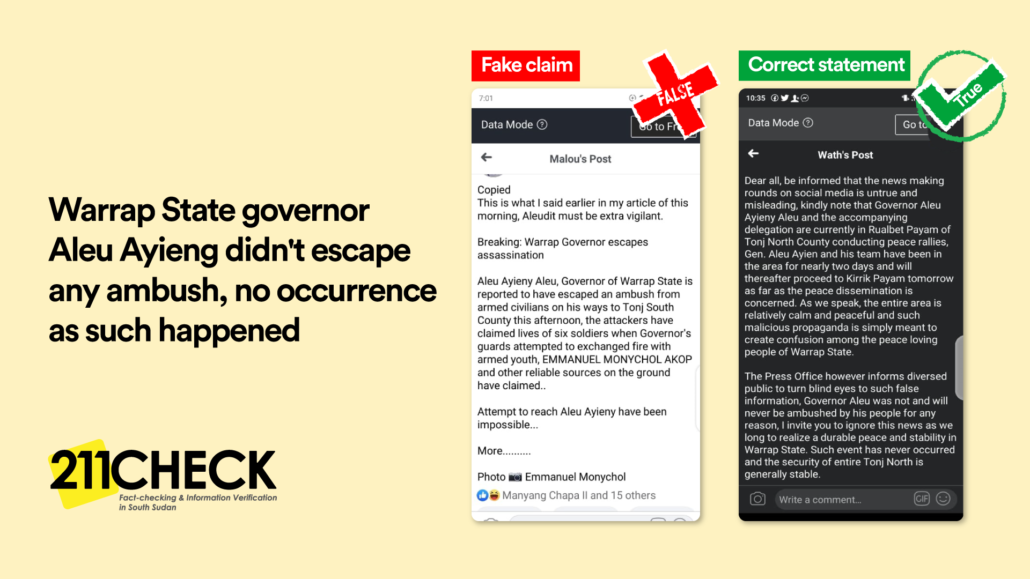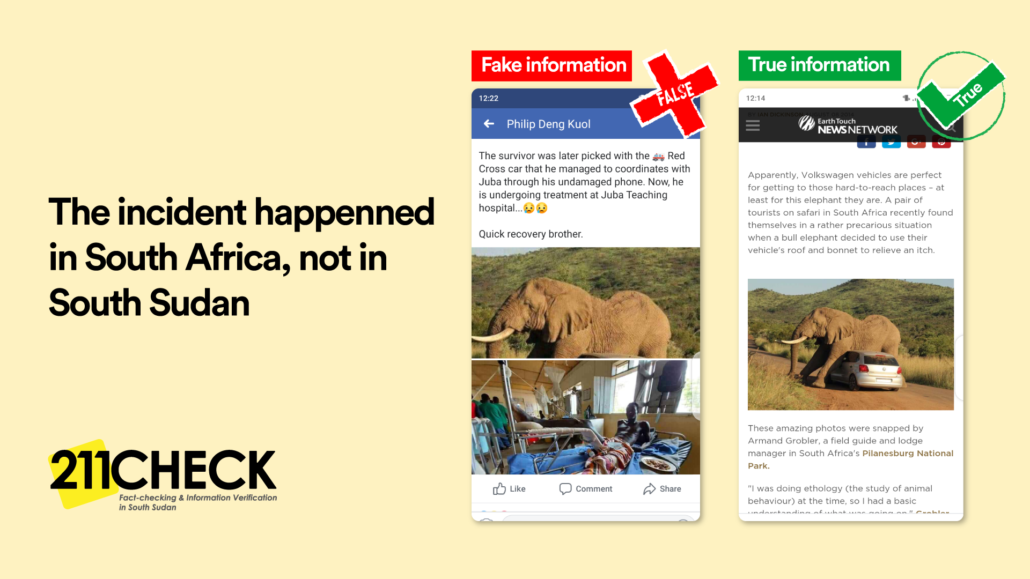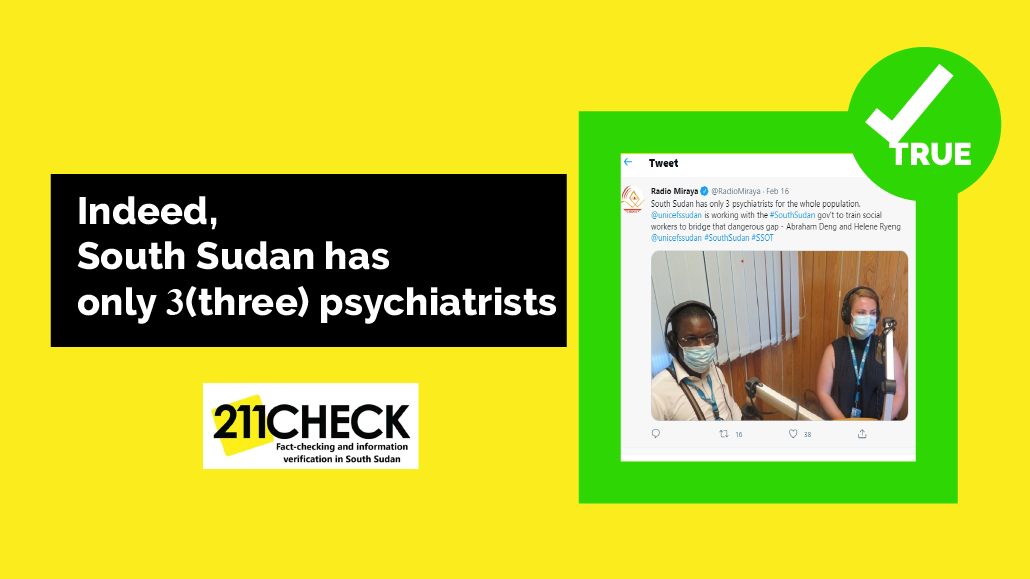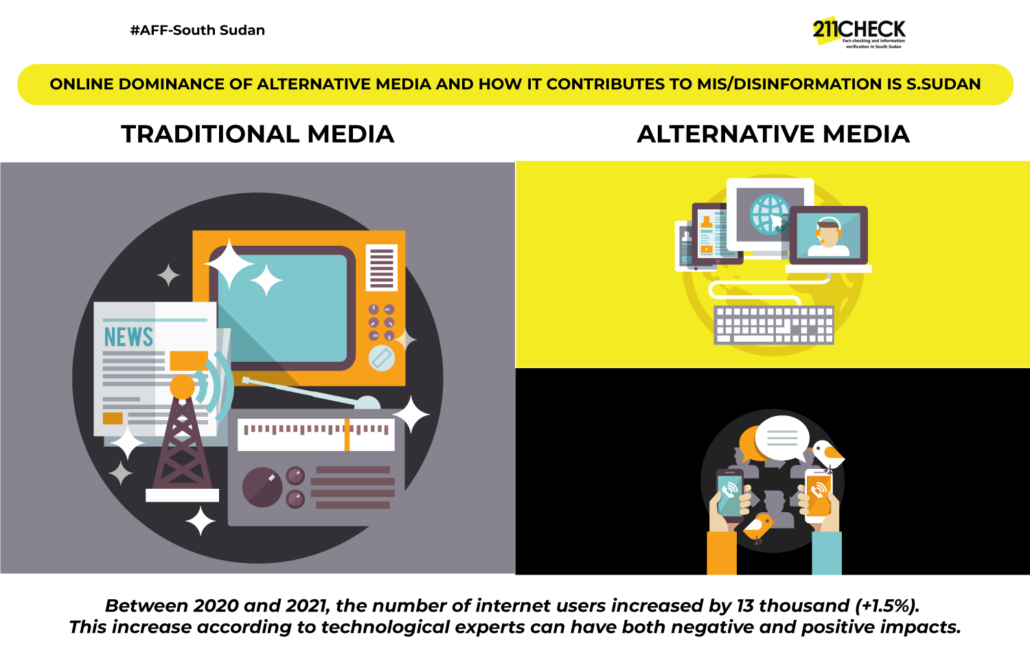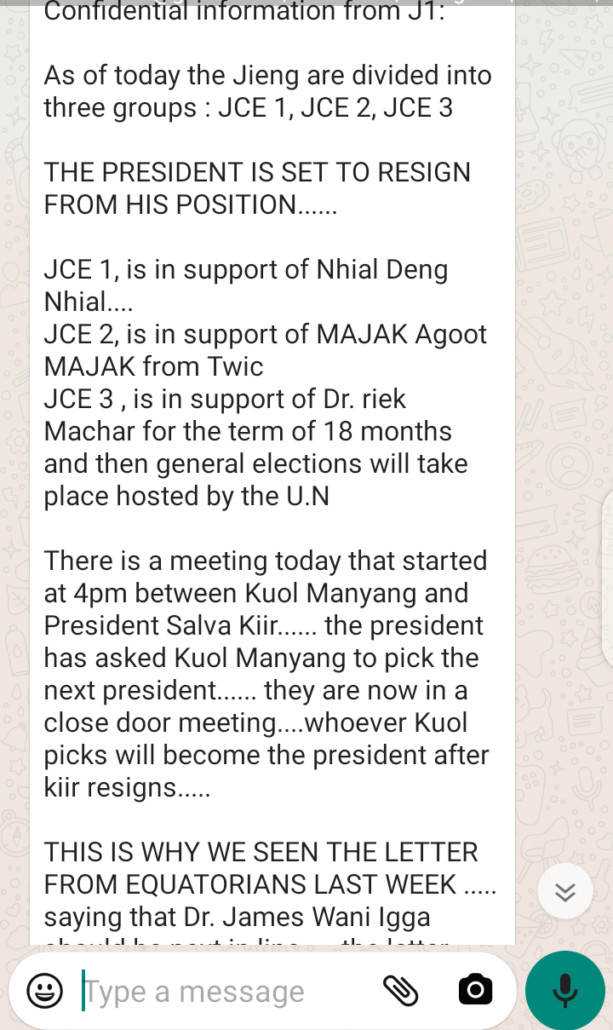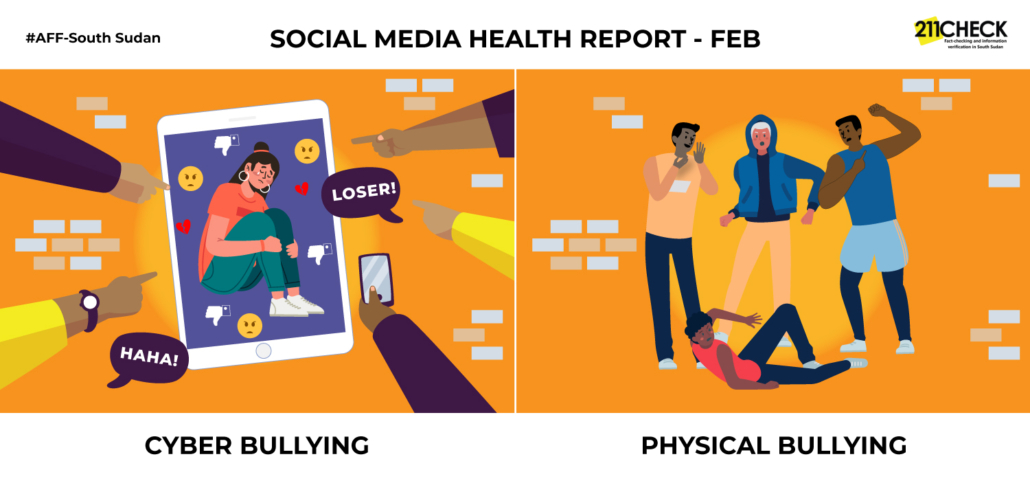S. Sudan is the first country to conduct national exams since Covid-19 emerged in Africa, Education Minister makes a false statement
Author: Emmanuel Bida, AFF-Cohort 1 fellow
On Monday this week, 34,536 candidates across South Sudan began their 2020 Certificate of Secondary Education Examinations – a landmark ceremony that was officiated by President Salva Kiir Mayardiit, who ranged the bell at Juba Day Secondary School situated in the capital Juba.
During the occasion that was attended by various senior government officials including the presidential advisor on national security affairs – Tut Gatluak, the General Education and Instruction Minister – Awut Deng Acuil verbally lied to the public.
Minister Awut confidentially stated that South Sudan was the first country in Africa to conduct national examinations since the emergence of the novel coronavirus, which led to the closure of numerous schools and learning institutions across the continent, in adherence to the World Health Organization Covid-19 preventive measures.
This is what Minister Awut said:
“Your excellency, as time closed for the bell, the Ministry of General Education on behalf of its officials, teachers and students would like to present a small token of appreciation for keeping the education candled on in a very difficult time; time of COVID-19 and economic hardship but you never forgot that education is a priority and for that reason, we are the first country in Africa to conduct our national examination. So we are very happy to present to you this gift on behalf of the teachers and children?”
But when fact checked by 211 Check, it was identified that the Education Minister made a false statement.
In addition, 211 Check team found that some East and West African countries had conducted their national examinations.
As part of know your facts, below are some examples of the countries that conducted their national exams;
In West Africa, the West Africa Examinations Council (WEAC) conducted the West Africa Senior School Certificate of Education exams, which started on 17th of August 2020 and ended on September 12, 2020.
In East Africa – Uganda, the Uganda Certificate of Education (UCE) Examination started on the 1st March, 2021 and will end on the 6th April 2021.
Background on the closure of schools and learning institutions in South Sudan
Schools and all learning institutions in South Sudan were closed on March 20, 2020 through a Presidential order, as part of preventive measures intended to slow the spread of the novel coronavirus.
Six months later, the Ministry of Education and Instructions announced the reopening of schools for candidate classes only on 5th October 2020.
The Ministry also announced that other classes will resume on 5th April, 2021.
The Certificate of Primary Education Examinations in South Sudan started on 15th February and ended on 19th February this year.
Usually, primary examinations are conducted in November, while secondary schools exams are conducted in December of every year. However, due to delays linked COVID-19 crisis, the schedules were interrupted.
NOTE: South Sudan isn’t the first “AFRICAN COUNTRY” to conduct national examinations since the onset of the Covid-19.
Beware of CLAIMS AND FALSE STATEMENTS made by politicians, for they can make you a victim or an agent of mis/disinformation.
To know about our fact-checking process, click the link below, https://211check.org/how-to-fact-check/ or contact us via 211check.org to present a claim, our team will immediately fact-check it and send you an immediate feedback.

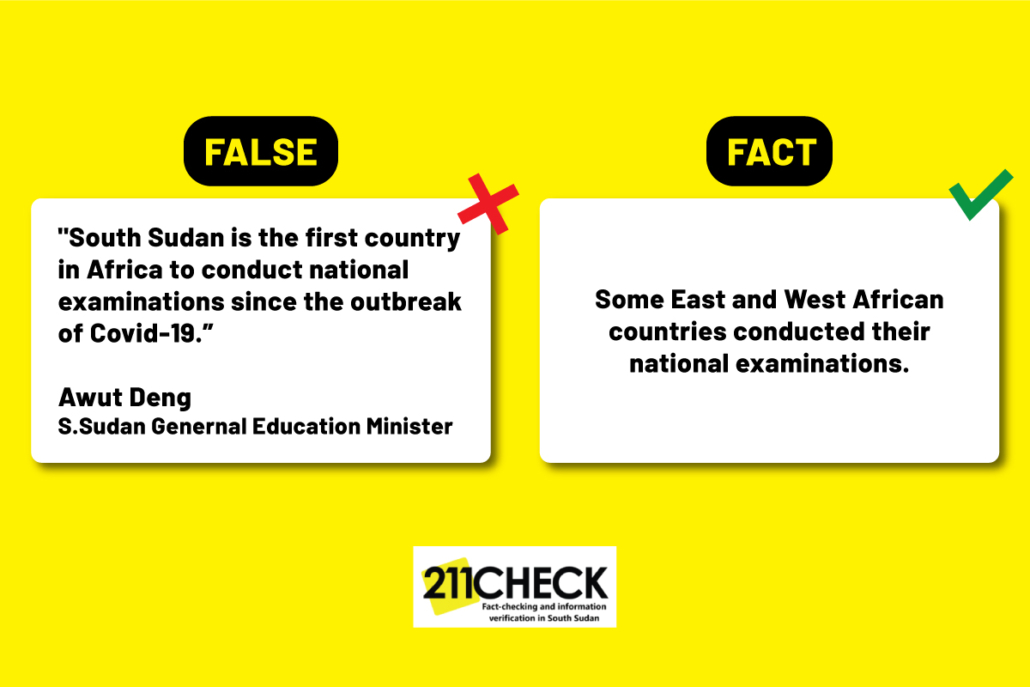

 The Standard
The Standard 
